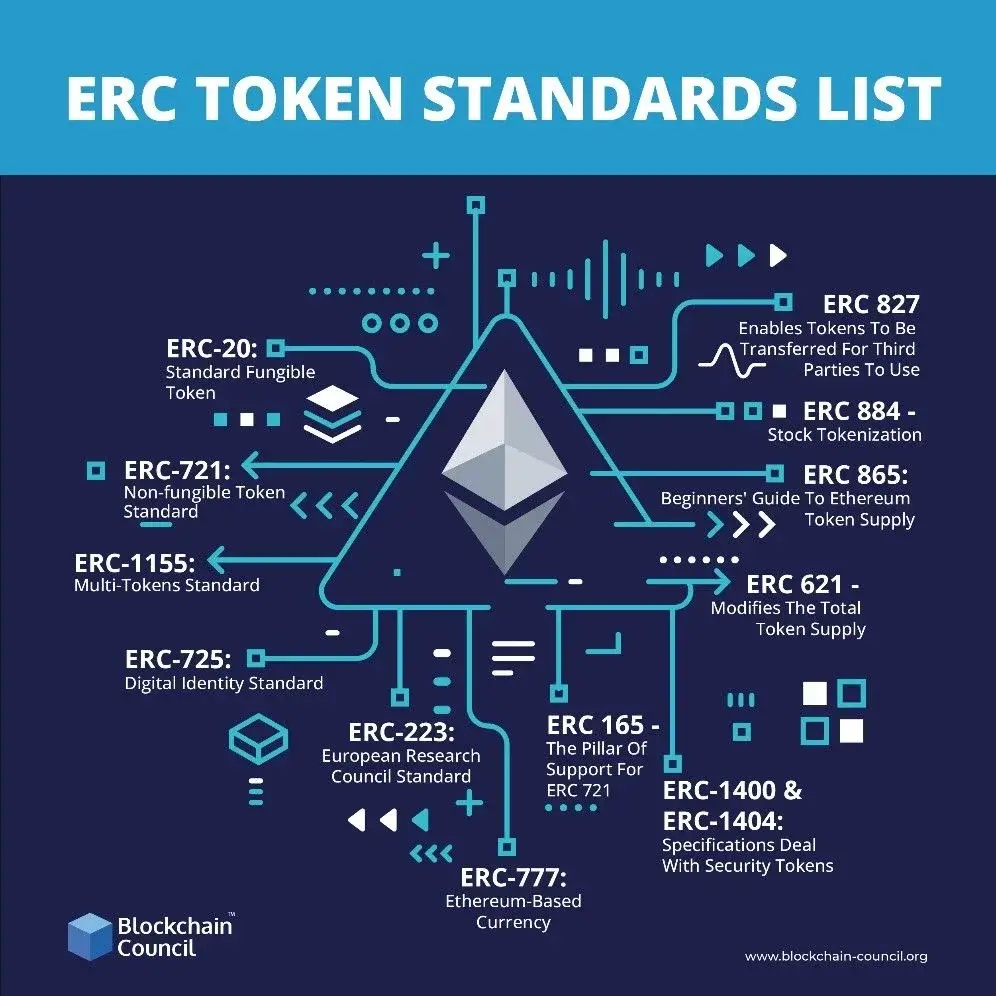Smart Contracts
What are Smart Contracts?
Smart contracts were first introduced in the 1990s by Nick Szabo.
He described a smart contract back then as a device that formalizes and secures computer networks by fusing user interfaces with protocols.
Szabo talked about the possible applications of smart contracts in a number of industries that deal with contractual agreements, including payment processing, content rights management, and credit systems.
A smart contract in the context of cryptocurrencies is a blockchain-based application or program. They often function as a digital contract that is upheld by a certain set of guidelines. All network nodes reproduce and execute computer code that contains these established rules.
Smart contracts on the blockchain make it possible to design trustless protocols. This implies that two parties can enter into agreements using blockchain without having any prior acquaintance or mutual confidence. They can be confident that the contract won't be carried out if the requirements aren't met. In addition, the implementation of smart contracts can eliminate the need for middlemen, substantially lowering operating expenses.
Smart contracts have been supported by the Bitcoin protocol for a long time, but Vitalik Buterin, who is also the co-founder of Ethereum, is credited for popularizing them. It's important to keep in mind, though, that each blockchain may offer a unique way to create smart contracts.
How Do Smart Contracts Work?
A smart contract functions like a deterministic program. It performs a certain task when and if a set of requirements are met.
As a result, "if... then..." expressions are frequently used in smart contract systems. Contrary to popular belief, smart contracts are neither contracts that are legally binding nor intelligent. They are merely some code that is running on a distributed system (blockchain).
Smart Contracts and Token Standards
Tokens created on the Ethereum network generally adhere to the ERC-20 standard.
The fundamental features of all tokens based on Ethereum are described in the standard. As a result, these digital assets are sometimes referred to as ERC-20 tokens, and they account for a sizable fraction of all currently traded cryptocurrencies.
Smart contracts were used by a lot of blockchain firms and businesses to launch their digital tokens on the Ethereum network. The bulk of these businesses distributed their ERC-20 tokens through Initial Coin Offering (ICO) occasions after the issuance. Most of the time, the implementation of smart contracts made it possible to trade money and distribute tokens in an effective and trustless manner.

Smart Contract Use Cases
Smart contracts are programmable code that may be built in a variety of ways and offer a wide range of services and solutions.
Smart contracts, which are autonomous, decentralized programs, might boost accountability and lower expenses. They may also improve efficiency and cut back on administrative costs, depending on how they are implemented.
Smart contracts are very helpful when money is being transferred between two or more parties or exchanged between them.
Smart contracts can therefore be created for a wide range of use cases. Tokenized assets, voting processes, digital wallets, decentralized exchanges, games, and mobile apps are a few examples. They could also be used in conjunction with other blockchain-based solutions tackling the areas of governance, decentralized finance, supply chain, healthcare, and philanthropy (DeFi).
How to Invest in Smart Contracts?
The best and most direct way to gain exposure to the trend and growth of smart contracts is through an investment in smart contract platforms. Several of our products invest the proceeds in smart contract platforms, for example: Ethereum ETN, Smart Contract Leaders ETN, Crypto Leaders ETN and more.